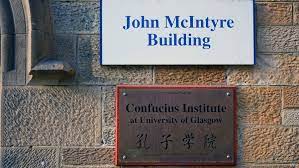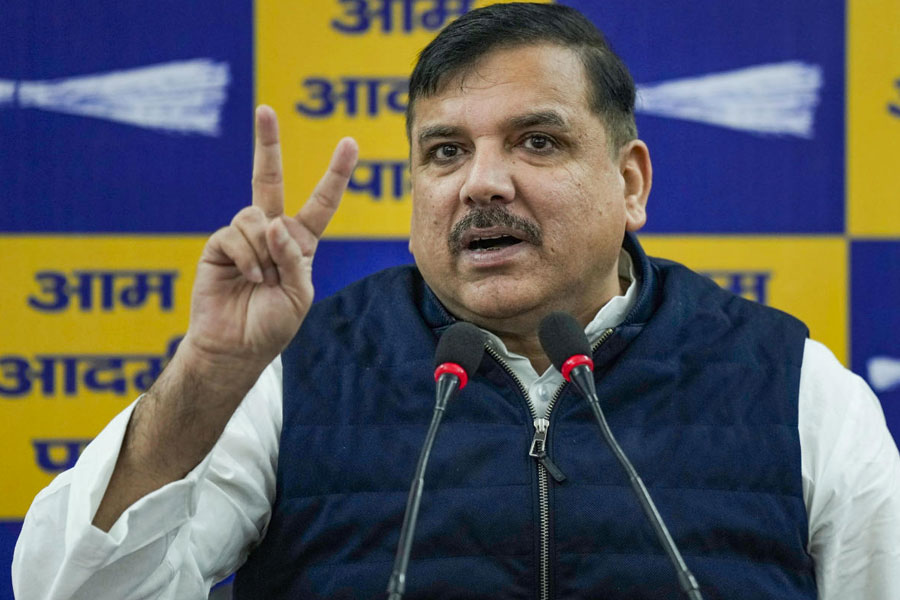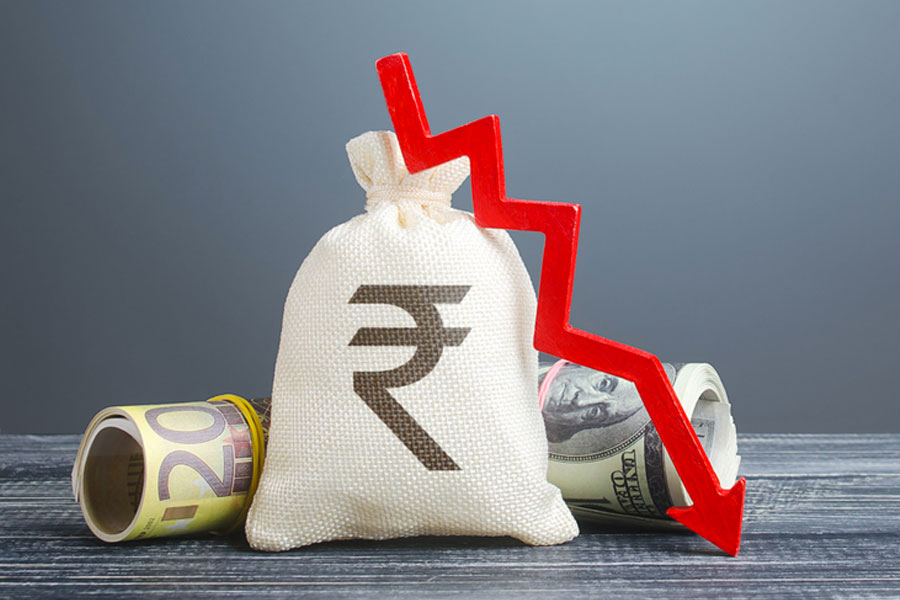Confucianism has survived in China and the world as an ode to morality — that of citizens and State. Ironically, an institute named after this great Chinese philosopher is being accused of breaching the moral code. China’s Confucius Institutes, financed by the Office of Chinese Language Council International, a quasi-government body, began with an ostensibly benign agenda: to help spread Chinese language and culture. But over the years, these institutions have been accused of transgressions, ranging from allegations of disseminating political propaganda and undermining academic freedom to serving as sites of industrial and military espionage as well as indulging in surveillance of dissident students abroad. An investigation of these agencies by the Government Accountability Office of the United States of America may have not found serious discrepancies but the clean chit has not lifted the cloud of suspicion entirely. For instance, a German university had been heavily criticized for entering into a contract that ensured that the curriculum would adhere to the diktats of Chinese legislations — effectively ruling out criticism of Beijing’s aggressive policies the world over on campus — in return for funds. More recently, there has been a growing backlash against Confucius Institutes on European campuses, with Sweden shutting them down.
The real problem seems to be the umbilical cord that binds these entities to the Chinese State. This has deepened global suspicions of China using the programme as an agency of ideological and political propaganda. Indeed, the US has classified Confucius Institutes as ‘foreign missions’. This organic relationship between cultural institutions and the State reveals a basic facet of autocratic polities: every sphere — education, culture, knowledge economy — has to be subservient to the whims of the State. In essence, China’s Confucius Institutes are an embodiment of the perversion of the concept of soft power in diplomacy. This opens up an opportunity for Beijing’s competitors, including New Delhi, to use their repositories of soft power as viable alternatives. India’s formidable, diverse history, moral codes and popular culture could be tapped into as forms of political capital to augment New Delhi’s diplomatic outreach in the neighbourhood and beyond. But the tenets of New India are likely to pose the greatest impediment in this respect. India’s ruling regime must learn to move away from its pursuit of narrow, jingoistic, majoritarian nationalism if New Delhi is to encash its soft power for diplomatic gain.











